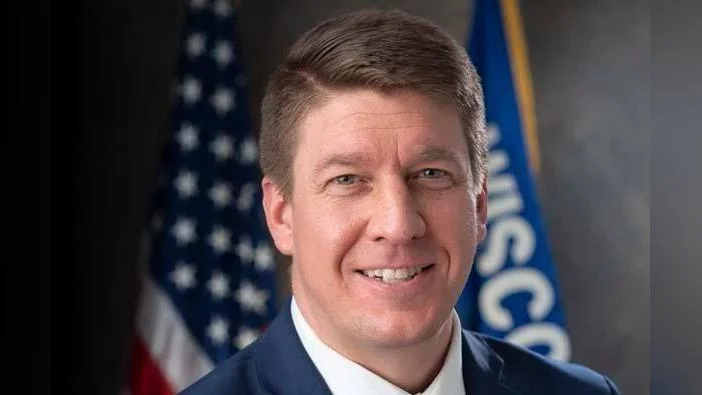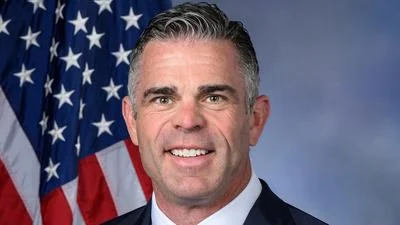Eric Wimberger, Wisconsin State Senator for 2nd District | Official Facebook
Eric Wimberger, Wisconsin State Senator for 2nd District | Official Facebook
According to the Wisconsin State Legislature's official website, the bill was described as follows: "a presumption that equalizing physical placement to the highest degree is in the child’s best interest".
The following is our breakdown, based on the actual bill text, and may include interpretation to clarify its provisions.
In essence, this bill introduces a legal presumption that equal physical placement of a child with both parents is in the child's best interest. Under this proposal, a court is required to start from the assumption that equalizing the time a child spends with each parent is the ideal scenario, unless evidence suggests otherwise. The court must consider various statutory best-interest factors and may determine that equal placement is not suitable if there is a preponderance of evidence against it. This approach replaces the previous standard, which did not necessitate equal time with each parent, as clarified by the Wisconsin Supreme Court in Landwehr v. Landwehr. The bill also highlights the geographic separation of parents as a potential consideration in custody decisions. This legislation will apply to new relevant legal actions or proceedings starting on its effective date.
The bill was co-authored by Representative Jeffrey Mursau (Republican-36th District). It was co-sponsored by Representative David Armstrong (Republican-67th District), Representative Elijah R. Behnke (Republican-6th District), and Representative Robert Brooks (Republican-59th District), along four other co-sponsors.
Eric Wimberger has authored or co-authored another 16 bills since the beginning of the 2025 session, with none of them being enacted.
Wimberger graduated from St. Cloud State University in 2001 with a BS and again in 2005 from Marquette Law School with a JD.
Wimberger, a Republican, was elected to the Wisconsin State Senate in 2025 to represent the state's 2nd Senate district, replacing previous state senator Robert Cowles.
In Wisconsin, the legislative process starts when a senator, constituent, group, or agency proposes an idea for a bill. After drafting, the bill is introduced, numbered, and referred to a committee for review and public input. If approved, it moves through three readings and votes in both the Senate and Assembly. Once both chambers pass the same version, the bill goes to the governor, who can sign it, veto it, or let it become law without a signature. Only a small share of bills introduced each session ultimately become law. You can learn more about the Wisconsin legislative process here.
| Bill Number | Date Introduced | Short Description |
|---|---|---|
| SB161 | 03/27/2025 | A presumption that equalizing physical placement to the highest degree is in the child’s best interest |
| SB144 | 03/21/2025 | Eliminating a judgeship from district IV of the court of appeals and establishing an additional judgeship for district III of the court of appeals |
| SB128 | 03/14/2025 | Programs and requirements to address PFAS |
| SB127 | 03/14/2025 | Exempting certain persons from PFAS enforcement actions under the spills law. (FE) |
| SB84 | 02/26/2025 | Exempting certain conveyances between grandparents and grandchildren from the real estate transfer fee. (FE) |
| SB80 | 02/26/2025 | Statutory recognition of specialized treatment court and commercial court dockets |
| SB55 | 02/21/2025 | Prohibiting the Department of Justice from using the legal services of nongovernmental employees. (FE) |
| SB51 | 02/21/2025 | Flags flown at state and local government buildings and eliminating a related administrative rule |






 Alerts Sign-up
Alerts Sign-up